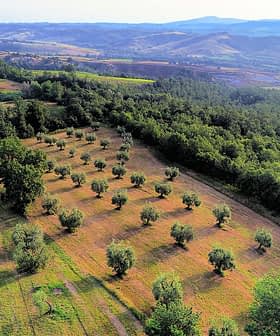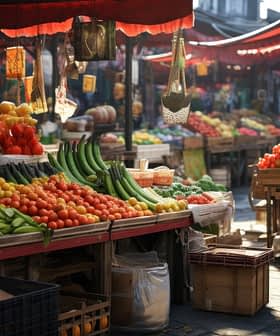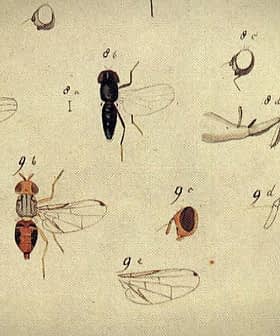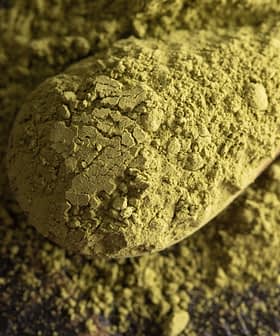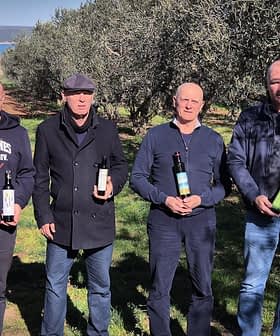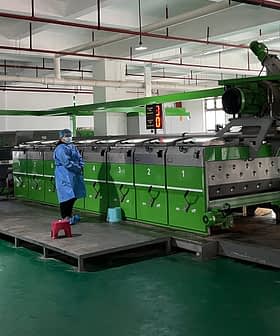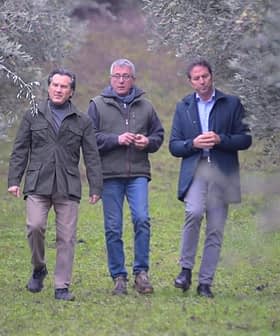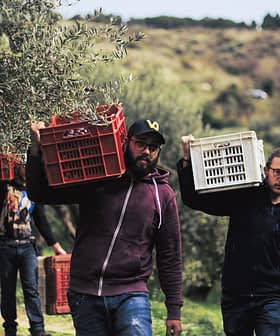Project to Improve Sustainability of Algeria’s Olive Farms Bears Fruit
By improving harvesting and milling best practices, PASA seeks to improve the economic potential of olive oil production.
 Program for the Support of Agriculture (PASA)
Program for the Support of Agriculture (PASA) Thousands of olive growers in northern Algeria are participating in a project to develop a modern and sustainable olive oil production chain based on international standards, focusing on water management and environmental impact. The Program for the Support of Agriculture (PASA) aims to train about 50,000 producers to monitor tree health, pruning techniques, and olive harvest and milling best practices, while also promoting gender equality and investing in olive chain economics.
Thousands of olive growers in northern Algeria are involved in a major project to develop a modern and sustainable olive oil production chain based on international standards.
About 130,000 hectares of olive groves are involved in the Program for the Support of Agriculture (PASA), a figure which is expected to increase.
The program, which is being implemented by the Algerian government and has received funding from the European Union and French and German public entities, focuses on water management and limiting the environmental impact of olive farming.
See Also:Producers in Algeria Anticipate Worst Harvest in 30 YearsWhile a second PASA branch supports date and vegetable farming in southern Algeria, the project’s impact on the olive sector mainly focuses on the three northern wilayas (provinces) of the Soummam valley: Béjaïa, Bouïra and Tizi Ouzou.
“The olive tree is common in Algeria, of course,” Paul Lompech, head of communication for the program, told Olive Oil Times. “One of the reasons PASA focused its effort in the Soummam valley relates to the ubiquitous presence of the olive tree in the area. Almost every family here owns at least some olive trees, olive groves which are their heritage.”
“The olive harvest is a traditional family celebration that brings home many people who live elsewhere during the rest of the year,” he added. “Beyond the economic aspects, olives represent a large portion of the local culture in Kabylia [a historical and cultural region located in Béjaïa and Tizi Ouzou].”
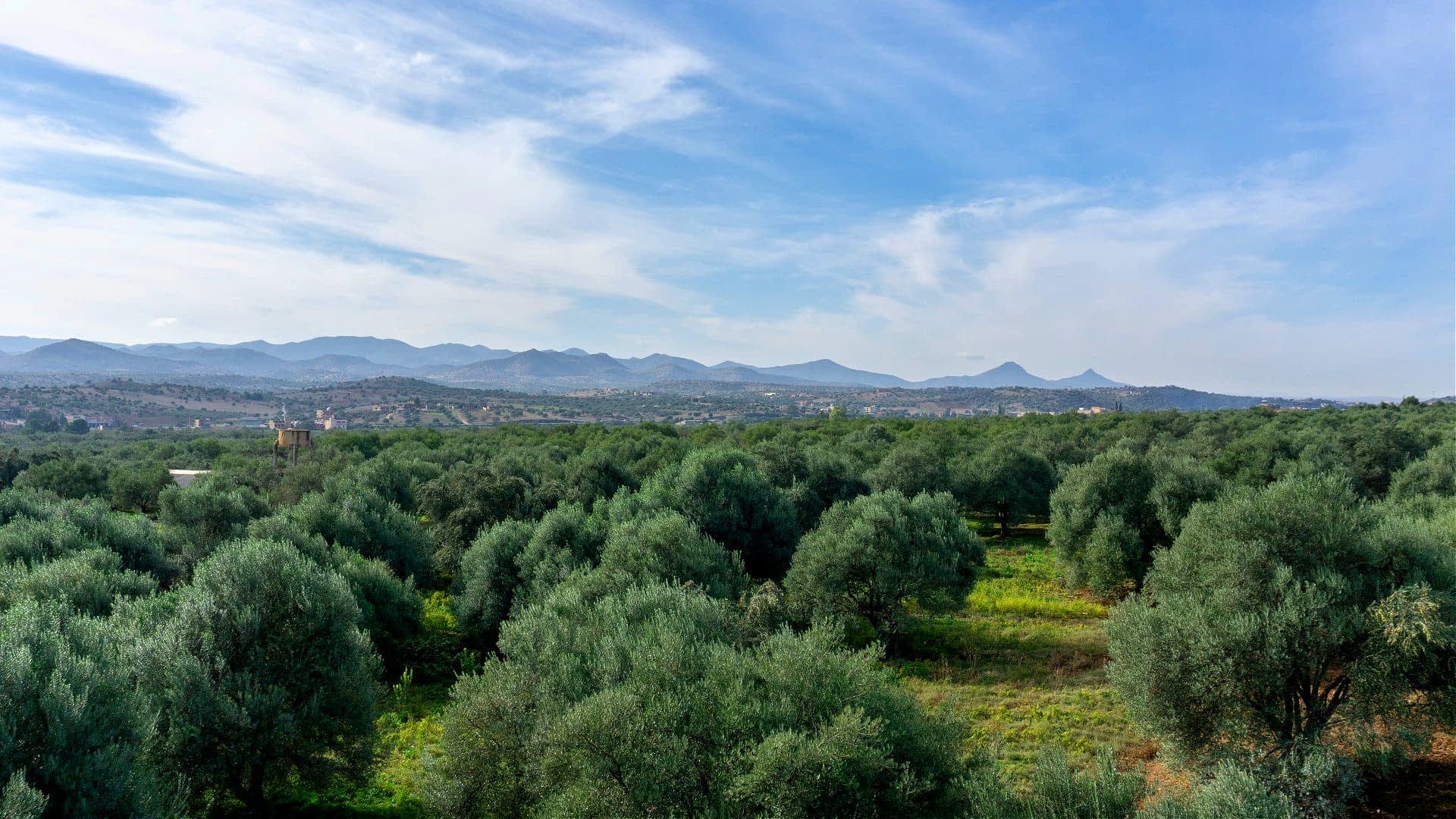
While some groves are as large as 100 hectares, most are far smaller in northern Algeria.
“On top of that, 60 percent of the Algerian olive trees are to be found there, and 70 percent of the olive oil production comes from those wilayas,” Lompech continued.
The project will teach farmers how to monitor the health of their trees, pruning techniques and olive harvest and milling best practices.
PASA also aims to develop irrigation and water resources; promote gender equality; invest in olive chain economics, such as bottling and quality analysis; and adopt a regional quality standard for nurseries and laboratories.
“Most people in the region would not know much about the international quality standards or olive oil grades,” Lompech said. “One of the reasons is that they never had the means to analyze their olive oil. On top of that, some basic knowledge is often missing.”
“For example, harvested olives may sit in the groves for one, two or even three weeks before transformation,” he added. “That means that the resulting olive oil will be very poor in terms of quality.”
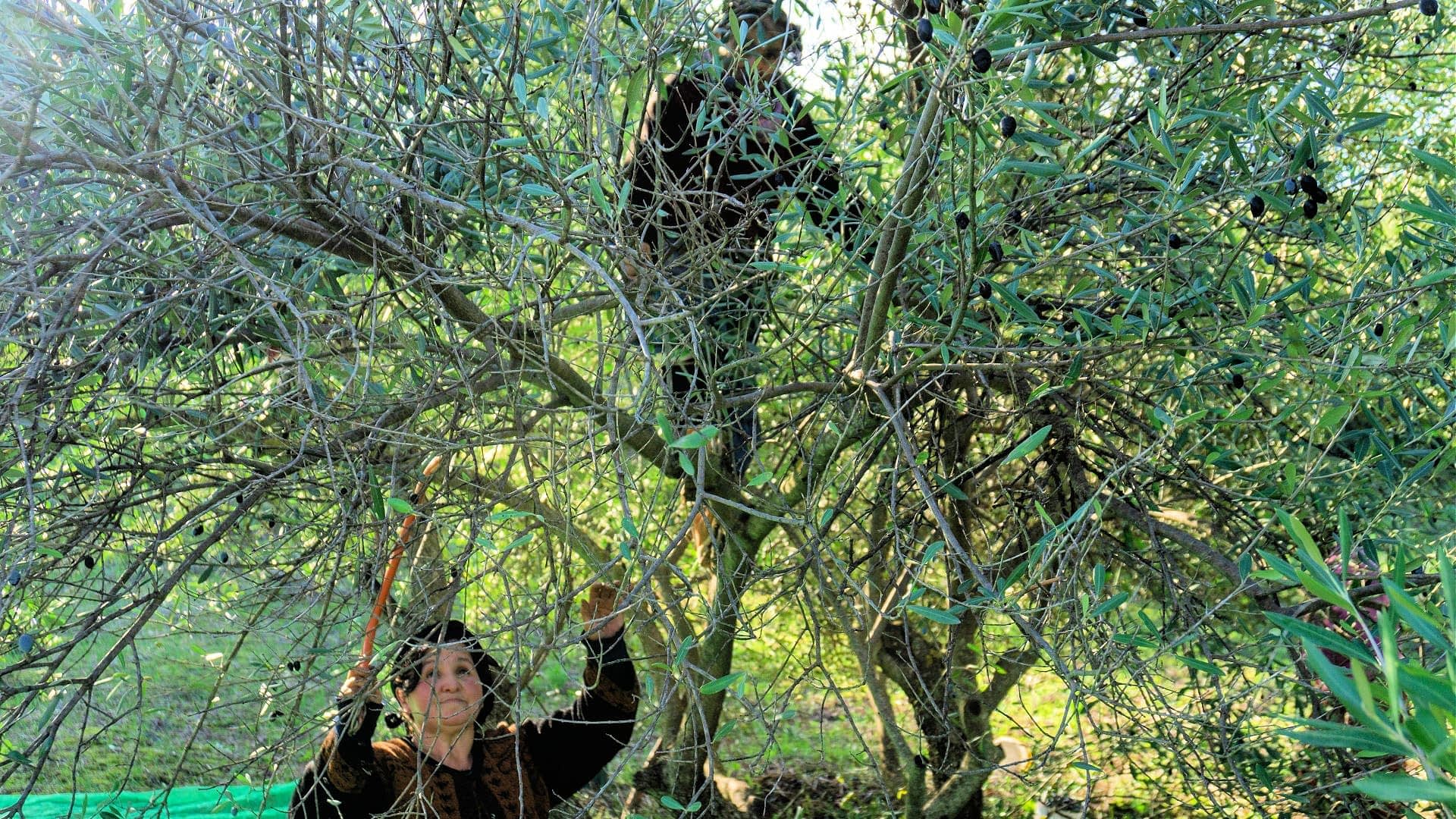
PASA hopes to improve yileds by teachng local farmers pruning and harvesting best practices.
The program aims to develop a new approach to olive oil production based on common quality and environmental standards, complementing effective local farming practices.
“We already have dozens of locally-trained agents who spread the knowledge in the three initial wilayas and neighboring ones,” Lompech said. “The goal is to train about 50,000 producers, not only professional ones but also family olive oil producers.”
Given the orographic nature of the mountainous valley and the long-standing tradition of families producing olive oil solely for their own use, olive farms tend to be very small and scattered across the landscape.
“A 100-hectare olive grove is about the largest one could find in the area,” Lompech said. Therefore, another of the project’s goals is to develop new associations among small growers.
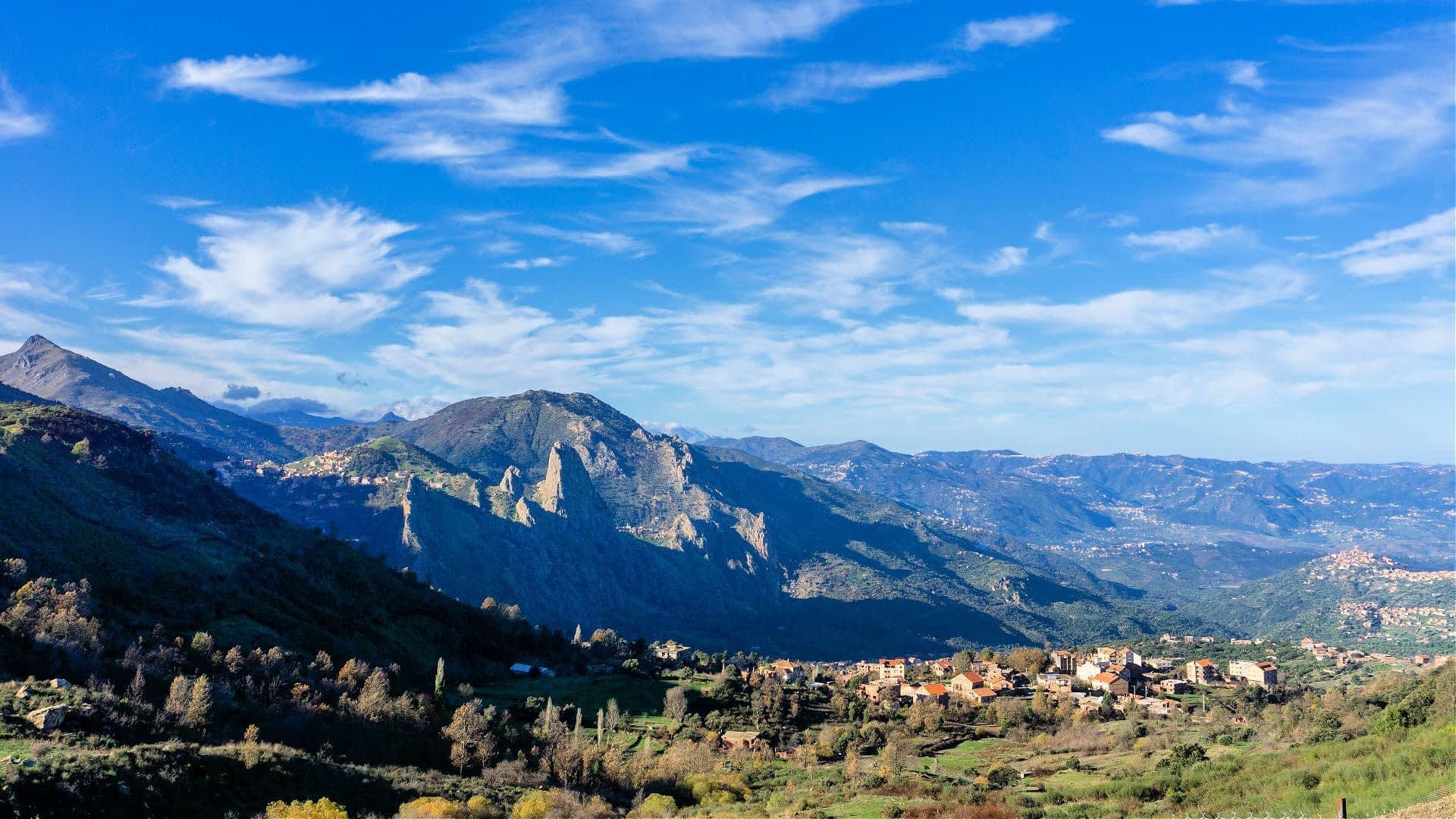
Algeria’s mountainous terrain means many of the coutnry’s olive groves are fragmented across wide areas, unlike many groves in Spain or Tunisia.
“We are talking about cooperatives, for instance, common entities which can help their community to cope with the biggest challenges and boost local development,” Lompech said.
Almost three million people live in the three wilayas. About 3,000 of them have been able to transform olive growing into an economically viable enterprise, but the new project has still piqued the interest of many in the region.
“They are very interested in knowing more about olive oil quality, in learning new techniques for a sustainable approach to olive farming,” Lompech said.
“When we first arrived in the local villages and talked with the people, introducing some key concepts for olive farming, they noticed the results, that is all many needed to start improving their activities,” he added.
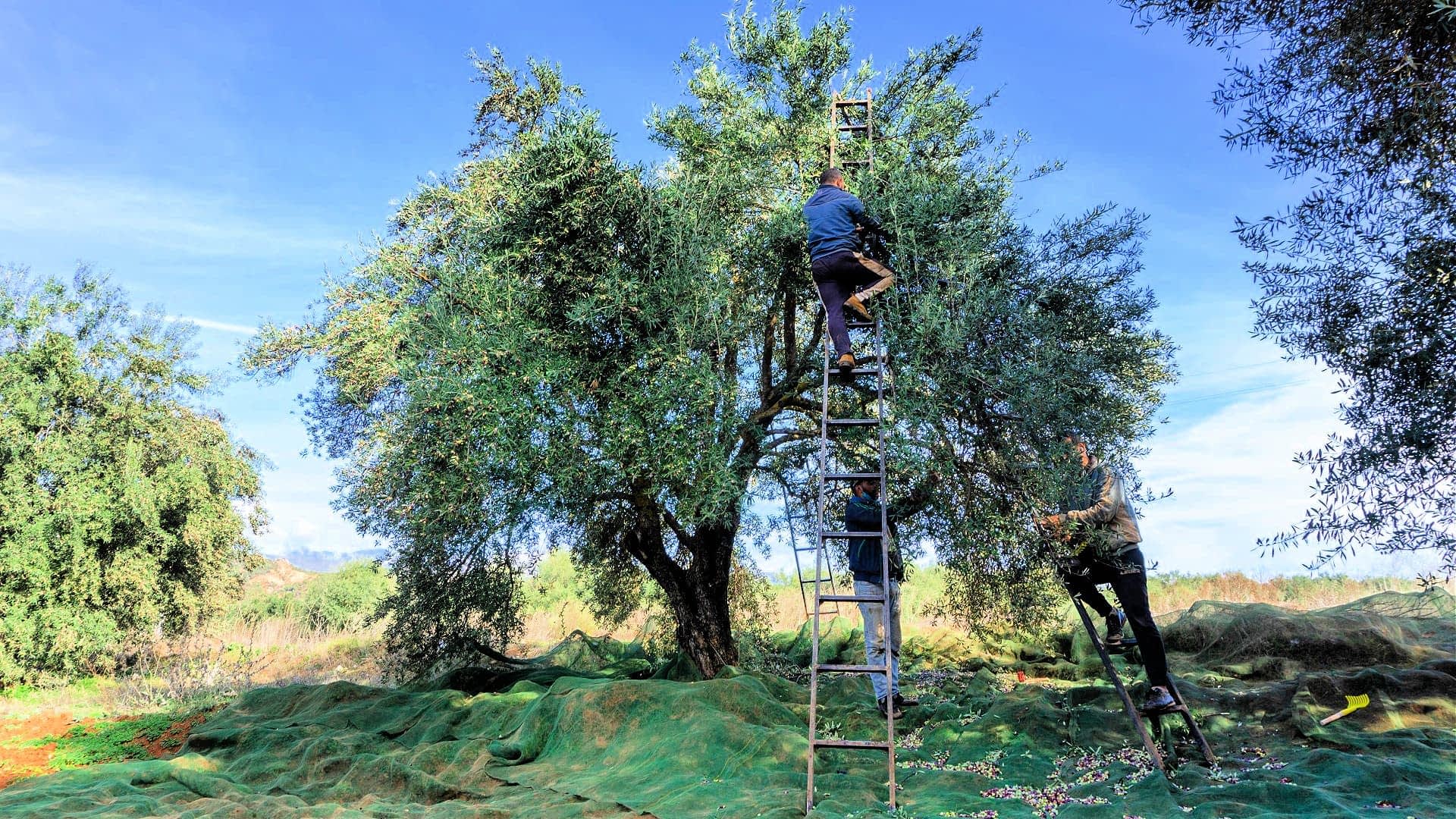
Gender equality and improving the economics of olive growing are among PASA’s goals.
The growing interest of local farmers in modernizing their farming and milling operations has also been spurred by recent natural disasters.
“The mega-blazes which hit these regions in 2020 and 2021 were a tragedy,” Lompech said. However, well-managed olive groves may be a solution to preventing the fast spread of future wildfires in the region.
Along with improving the sector’s competitiveness, PASA has shared its environmental expertise since beginning the project in 2018.
“PASA needs olive growers to be aware of the sustainable aspects of such an activity,” Lompech said. “At the same time, we are working to support a broader understanding of climate change and how it might impact their work.”
Lompech hopes improved milling and harvesting knowledge, quality certifications and a complete laboratory will be the legacy the project leaves behind.
“In the future, we hope for a wide-ranging agreement with the International Olive Council,” he concluded. “It will take time.”
Share this article


